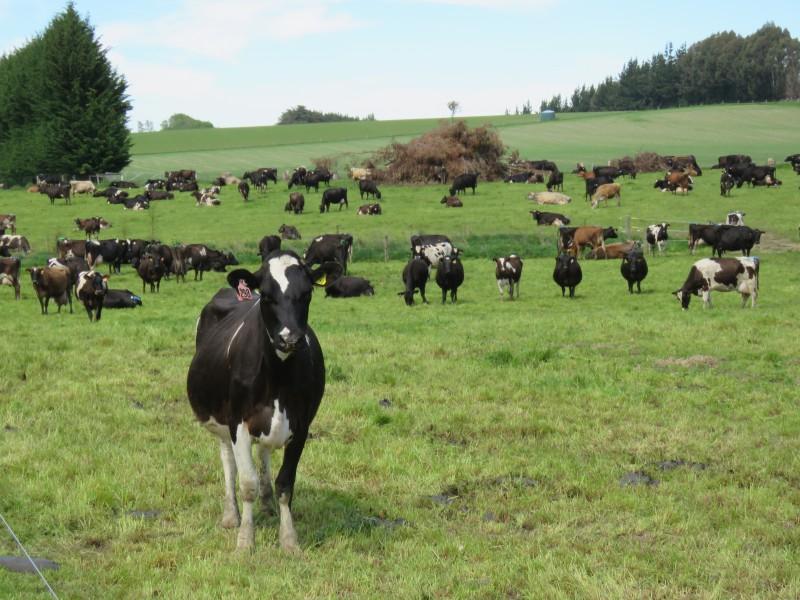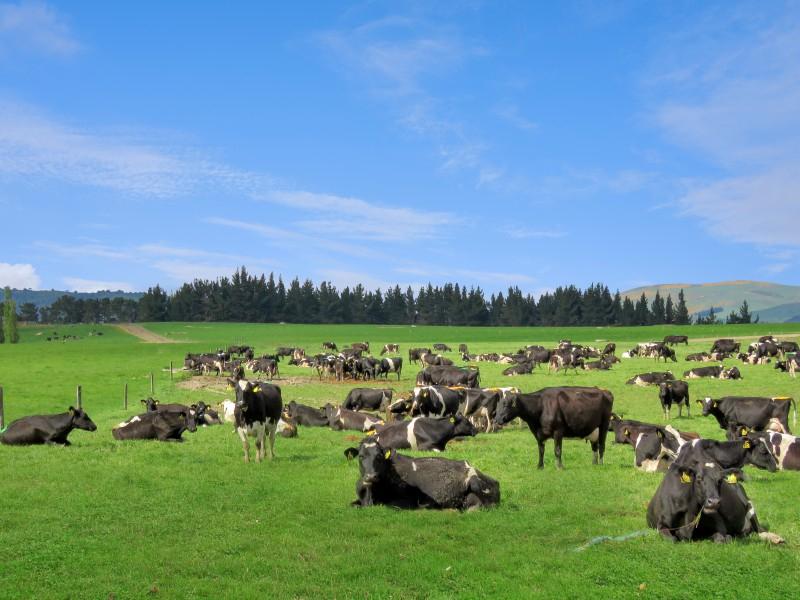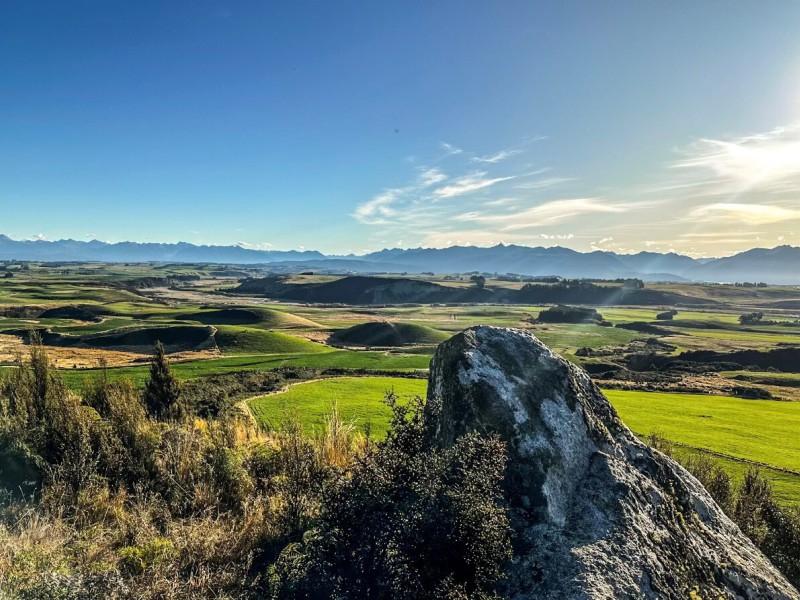World-first electric jet boat revealed as Ngāi Tahu unveils climate change action plan
Shotover Jet has unveiled an electric jet boat it says is the first to be designed solely for tourism as owners Ngāi Tahu plans for a zero carbon future.
The iwi revealed its 88-point action plan to tackle the causes and effects of climate change and a host of other environmental issues at a ceremony in Queenstown on Wednesday.
Te Rūnanga o Ngāi Tahu Kaiwhakahaere Lisa Tumahai said the escalating effects of climate change across the Ngāi Tahu takiwā (tribal area) were having a profound impact on the iwi’s interests, activities and whānau.
“We need to rapidly evolve if we are to adapt and thrive in this brave new world.”
The iwi would take major steps to cut greenhouse gas emissions, embrace renewable energy, optimise resource use, and reduce water and ecosystem impacts over nine years.
One vital element was protecting whānau by powering marae with solar energy to make them more resilient and self-sufficient, as well as identifying jobs for Ngāi Tahu whānau in the green economy.
“We don’t claim to have all the answers, but our size and influence gives us the freedom to innovate.
“This jetboat prototype is an exciting expression of what that innovation can achieve,” Tumahai said.
Ngāi Tahu Tourism general manager Jolanda Cave said that once the jetboat prototype was put into service, the experience would be quieter and more environmentally sound, running on rechargeable electric batteries rather than fossil fuels.
The prototype project began in 2019 when Ngāi Tahu Tourism entered a co-founding agreement with the Energy Efficiency and Conservation Authority and was awarded up to $200,000 to convert one of their petrol-powered jet boats to run on electricity.
It would take several years to confirm the commercialisation of the electric prototype, Cave said.
The tourism arm of the company aimed to make all its operations carbon-neutral by 2050.
“We all have a role to play in ensuring our world is healthier for future generations and while there is a long road to travel, the electrification of our jet boat fleet is an incredible step,” Cave said.
Tumahai said that as mana whenua the iwi were putting into action the core principles of kaitiakitanga and rangatiratanga.
“We look after our whenua, we care for our whānau and we take ethical actions and decisions for the future of our mokopuna.”
Key targets:
- A 17% methane reduction from farm animals by 2035.
- By 2030, all marae and Papatipu Rūnanga facilities to be supported to upgrade to technologies that ensure long-term resilience in energy, water and resource optimisation.
- By 2030, agri-tech solutions to be in place in specific Ngāi Tahu Farming sites to reduce water use.
- From 2022, a year-on-year reduction in synthetic fertiliser with paddock by paddock soil testing.
- By 2030, Ngāi Tahu to be actively exercising rangatiratanga over freshwater.
- By 2030, all new developments to have ecosystem enhancement plans to protect wai and mahinga kai sites.
See all the targets here.

What's your favourite recipe for courgettes?
Kia ora neighbours. If you've got a family recipe for courgettes, we'd love to see it and maybe publish it in our magazine. Send your recipe to mailbox@nzgardener.co.nz, and if we use it in the mag, you will receive a free copy of our January 2025 issue.

What's your favourite tomato recipe?
Kia ora neighbours. We know your tomato plants are still growing, but we're looking ahead to the harvest already! If you've got a family recipe for tomatoes, we'd love to see it and maybe publish it in our magazine to share with our readers. Send your recipe to mailbox@nzgardener.co.nz, and if we use it in the mag, you will receive a free copy of our February 2025 issue.

Warnings about scams
This Fraud Awareness Week, we’re reminding everyone to stay sharp and look out for the warning signs of scams to stop them before they start.
Here’s what to watch out for:
🔍 Unrealistic offers or promises of easy money that are too good to be true
🔍 Pressure tactics: Scammers may rush or threaten you to act immediately.
🔍 Requests for personal info: Be cautious if you’re asked for bank details, passwords, or sensitive information.
🔍 Unusual payment methods like gift cards, cryptocurrency, or wire transfers.
🔍 Unverified contacts: Emails, calls, or messages from unknown or suspicious sources.
How to protect yourself:
✅ Stop and think before sharing personal details or making payments.
✅ Don't click on any links until you know that it is safe.
✅ Verify the source: Contact the organisation directly using official channels.
✅ If something’s not right, it's OK to hang up, walk away, ignore it and move on.
If you wish to report a scam, contact Police on 105 or report it online via 105.police.govt.nz/use-105.

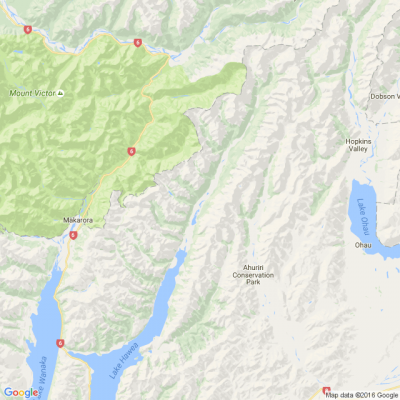
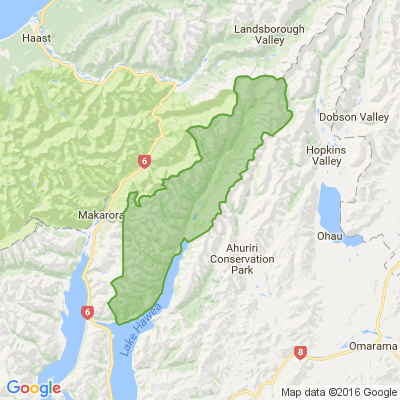




 Loading…
Loading…


